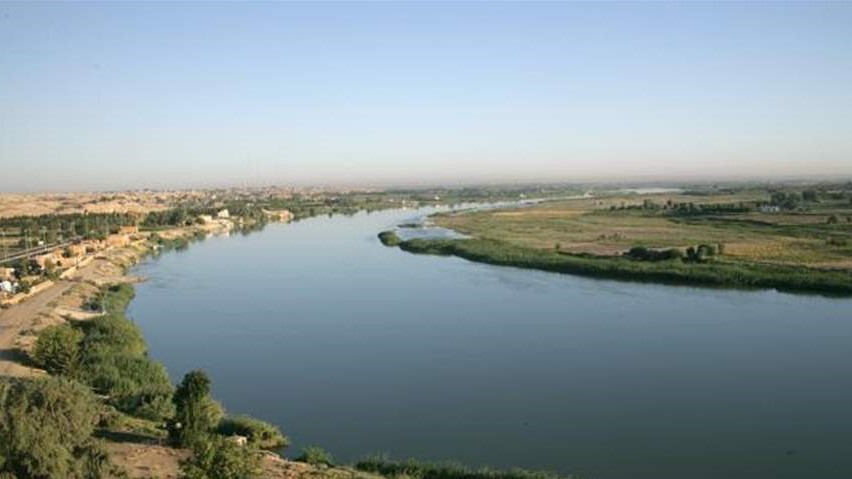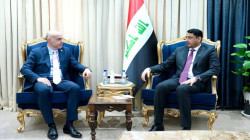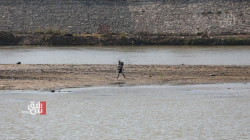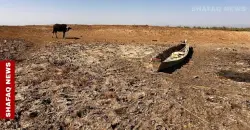In concert with Turkey, Iraq to claim a "full water share"

Shafaq News/ Iraq has brought into effect an agreement with Turkey that stipulates granting Iraq a full share of the common rivers' water, Minister of Water Resources, Mahdi Rachid al-Hamdani, said on Saturday.
During the "Water Security is one of the Most Important Pillars of National Security "conference, which was held today, al-Hamdani said, "the ministry activated a memorandum of understanding with Turkey, signed in 2009 and amended in 2014, allowing Iraq to obtain full water share."
Al-Hamdani indicated, "The Iraqi-Turkish joint committee, based in Iraq, will coordinate to deal with the water issue."
He also noted that the water coming from Iran, albeit it accounts for 15% of Iraq's net afferent water, greatly affects the governorate of Diyala, which entirely relies on water coming from Iran.
"The upstream countries took advantage of the Iraqi situation after 2003 and established many dams, especially since more than 90% of Iraq's water resources originate outside Iraq," added al-Hamdani, "the increasing population growth of Iraq has lodged additional burdens upon the ministry to secure water for drinking and agriculture."
"Security and water are closely related. Dealing with the water file is very sensitive," he continued, "the ministry has developed a strategic study, in partnership with all state institutions, until 2035. However, it needs a massive funding that the state's current financial situation cannot accommodate."
For his part, the Iraqi National Security Advisor, Qassem al-Araji, said, "the rights of the people cannot be scrapped," in reference to Iraq's share of the common rivers' water, expressing support to the efforts of the Ministry of Water Resources.
Turkish officials insist they are bound by existing water-sharing agreements that require the state to release at least 500 cubic meters of water per second from its dams, but Ankara has built more than 500 dams in the past two decades. The largest of these is the controversial Ilisu Dam, which was built on the Tigris River, due to which the downstream levels on the river shrank significantly when filling the reservoir in 2019, which contributed to the crisis of diseases associated with water pollution in the Shatt al-Arab city of Basra in southern Iraq.
Last May, the Syrian Observatory for Human Rights said that the level of the Euphrates River, which is classified by international law as an international river that crosses several countries, decreased by five meters for the first time in history because Turkey has blocked the river stream.





